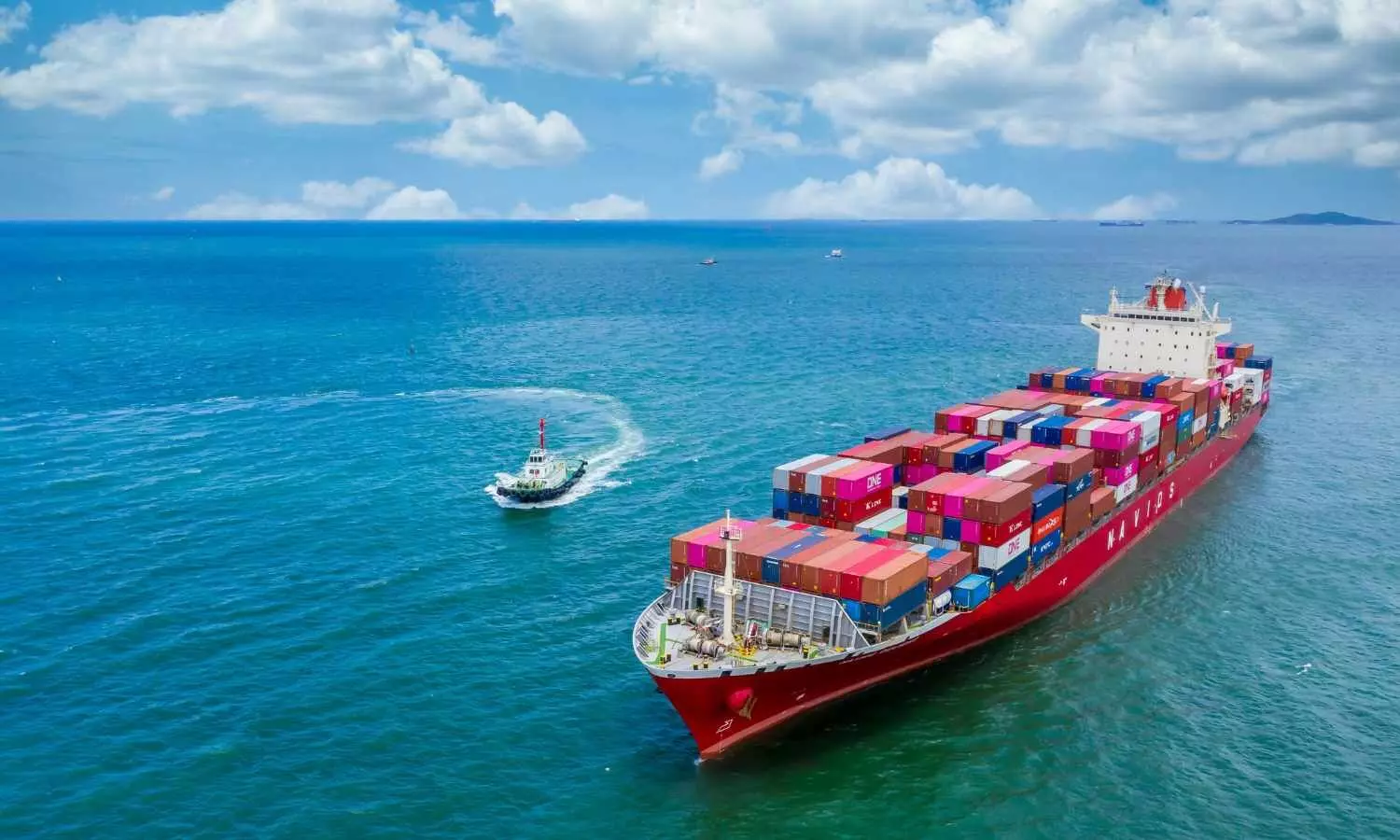Payment hurdles, complex compliance framework stifling MSME E-com export growth
Payment challenges and a complex compliance framework are hindering MSME growth in e-commerce exports. Explore the key barriers and possible solutions.
Payment hurdles, complex compliance framework stifling MSME E-com export growth

Mumbai, Jul 14
Challenges such as payment reconciliation, compliance, and forex settlements continue to act as roadblocks, limiting the full potential of cross-border trade. With India's e-commerce exports projected to reach USD 200 billion by 2030, addressing regulatory challenges has become a pressing need.
Talking to Bizz Buzz, Prof Viswanath Pingali, who teaches Economics at IIMA, says, “The MSME sector is growing rapidly. Further, by leveraging digital technologies, the sector is also exporting, which is also contributing to growth. At this juncture, it is imperative that the government too contributes, by easing regulatory overloads. I believe technology has a role to play in achieving this objective.”
EDPMS is the RBI mandated digital platforms started in 2014 and used in India to monitor and track export transactions ensuring compliance with regulatory guidelines and facilitating the timely clearance of goods. It involves clearance of shipping bills and monitoring the receipt of foreign exchange against export proceeds.
Anil Bhansali, head of treasury and executive director, Finrex Treasury Advisors says, “There have been persistent hurdles in the exports data processing and monitoring system (EDPMS) which could limit the growth - especially the MSMEs and new age exporters to contribute significantly to the country's ambitious $ 1 trillion exports target by 2030.”
EDPMS is a digital tool that helps streamline international trade operations by providing transparency and traceability of transactions ultimately reducing risks and improving compliance. The exporters are required to face charges to the extent of 50-60 per cent of the shipment value to banking and compliance fees. These costs along with extensive documentation and reconciliation requirements create many barriers for smaller players including delayed payments, cash flow issues and in some cases risk of being blacklisted under RBIs caution list. Exporters are required to close each bill individually and have to pay hefty bank charges which are imposed by the banks. What is required is real time integration of customs, DGFT, RBI and commercial banks with minimal manual intervention. Till then EDPMS system is a big headache particularly for the small exporters.
Atul Bansal, Head of Marketing & Partnerships, Amazon Global Selling said, “At Amazon, we're working to democratize e-commerce exports for Indian MSMEs. Our tool, Export Navigator, is open to all—not just Amazon sellers—and helps businesses navigate documentation, compliance, and regulations with ease.”
Prof Deepankar Sinha, Indian Institute of Foreign Trade, commented, “Small exporters are often squeezed by hidden costs—payment gateway fees, platform charges, bank deductions, and compliance expenses eat into their margins. Many are forced to chase bulk orders or switch platforms for better terms. This isn’t sustainable. Reconciliation should be seamless—once payment is received and the shipping bill filed, RBI and DGFT should have that data in real time. India is a global tech powerhouse; there’s no reason exporters should still be struggling with manual processes.”
If we want MSMEs to thrive in e-commerce exports, we must reduce friction and revisit the cost structure.
EoM.

